
Letter from Washington: Why Harris or Trump will win the US election
On 5 November, Americans will elect their new president. But with just two weeks to go, neither Harris nor Trump has a decisive lead

On 5 November, Americans will elect their new president. But with just two weeks to go, neither Harris nor Trump has a decisive lead

The Democratic party is running a vibes campaign while Republicans are desperately trying to distance themselves from the disastrous policies of Project 2025. In this fifth instalment of Letters from Washington, Jeremy Shapiro laments the loss of policy in American presidential campaigns
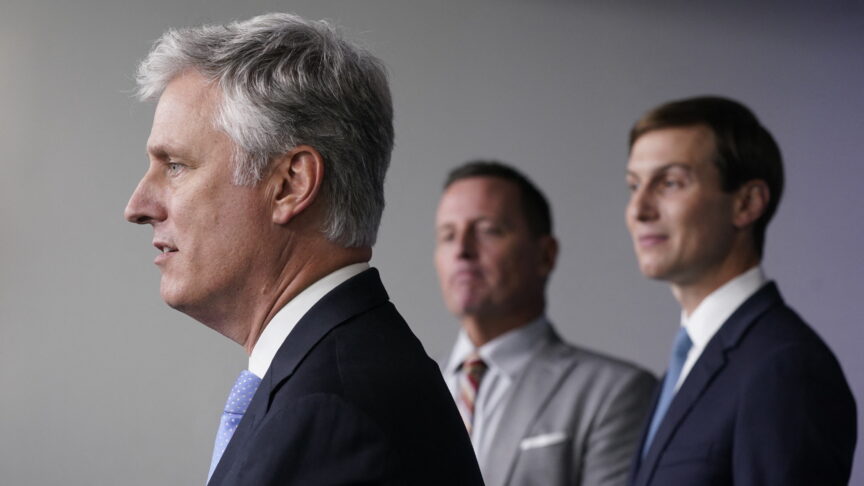
In this fourth instalment of Letters from Washington, Jeremy Shapiro sets out how Republican entreprenuers are battling it out to fill in the gaps in of Donald Trump’s foreign policy with their own ambitions

The apparent omniscience of US intelligence is a valuable strategic asset. In this third instalment of ECFR’s Letters from Washington, Jeremy Shapiro sets out what Europeans can learn from the US intelligence community to boost their diplomatic arsenal

The establishment hates Donald Trump and Trump voters hate the establishment. In this second instalment of ECFR’s Letters from Washington, Jeremy Shapiro explains why Europeans need to understand the dynamics that underpin this toxic relationship
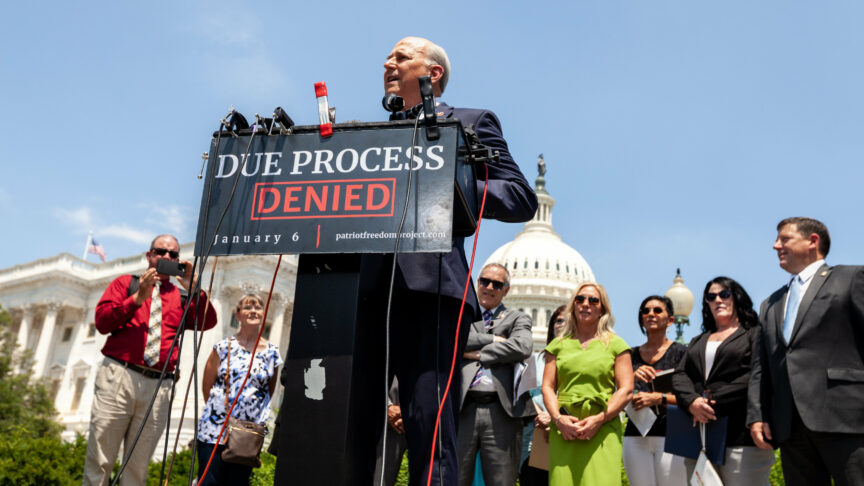
In our new series of letters from Washington, Jeremy Shapiro helps you navigate a US election year that could have profound implications for Europe. In this first instalment, he outlines how campaigns fought on an opponent’s threat to democracy could imperil that very same ideal (and not only in the US)

Ten predictions for the foreign policy trends of 2024, and a little bonus
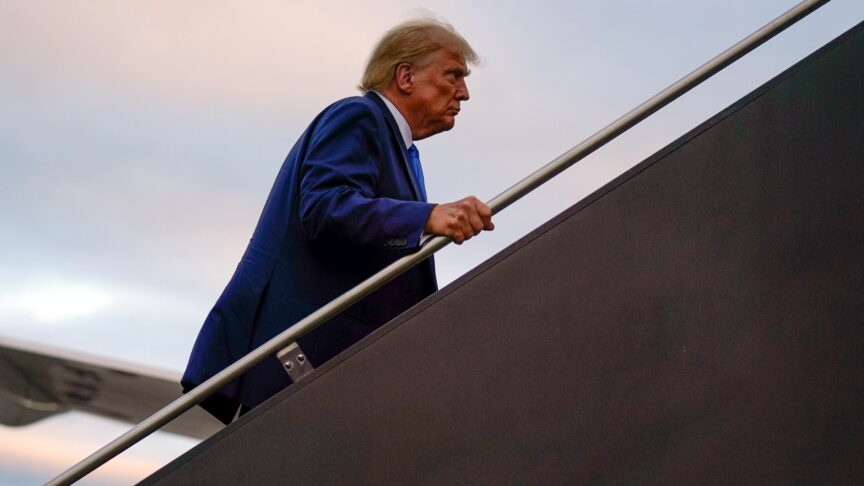
The prospect of Donald Trump’s return to the US presidency has left three Republican tribes vying it out to fill in the details of his hazy foreign policy ambitions
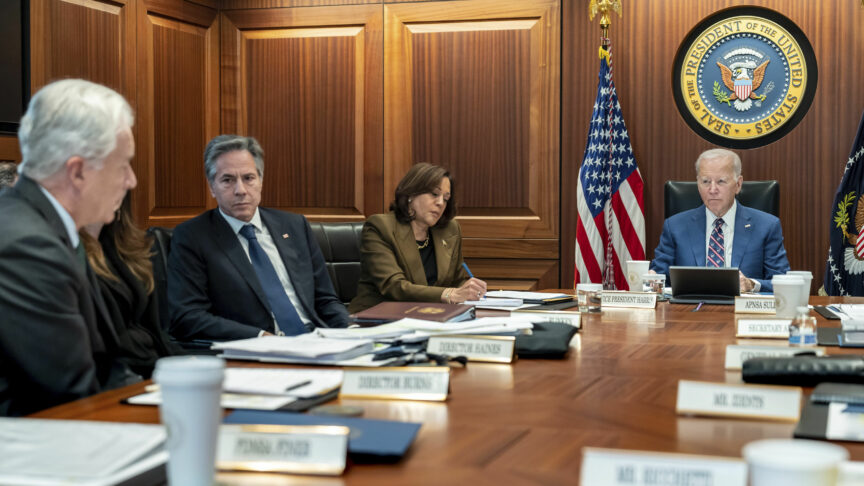
The US too often falls for its own superpower myth and fails to prioritise among its foreign policy commitments – including its present China challenge, which has not gone away

Support in the US for Ukraine will one day soften. Europeans need to formulate their own plan to continue the long war for when it does
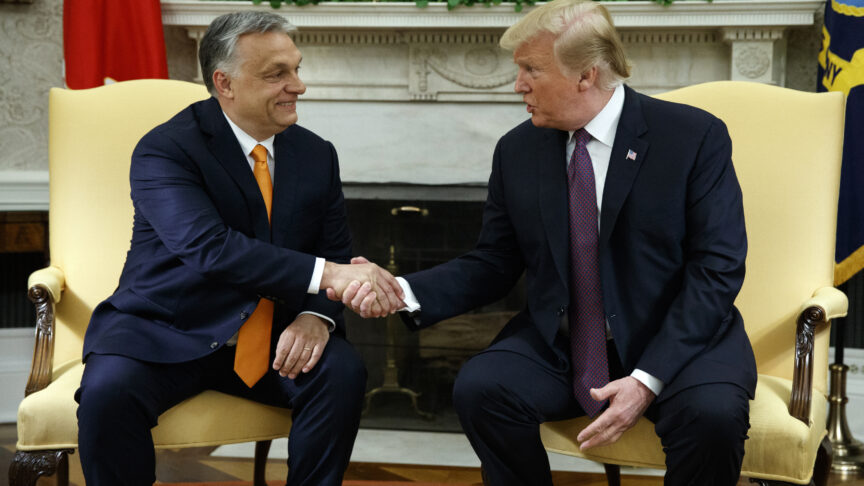
If Trump wins the US presidency, Republicans will likely adapt techniques refined in Viktor Orban’s Hungary as they return to power – with profound implications for both America and Europe

The potential return of Donald Trump to the White House is a matter of months away. Here are six scary policy scenarios to give Europeans sleepless nights and prepare them for what could be to come
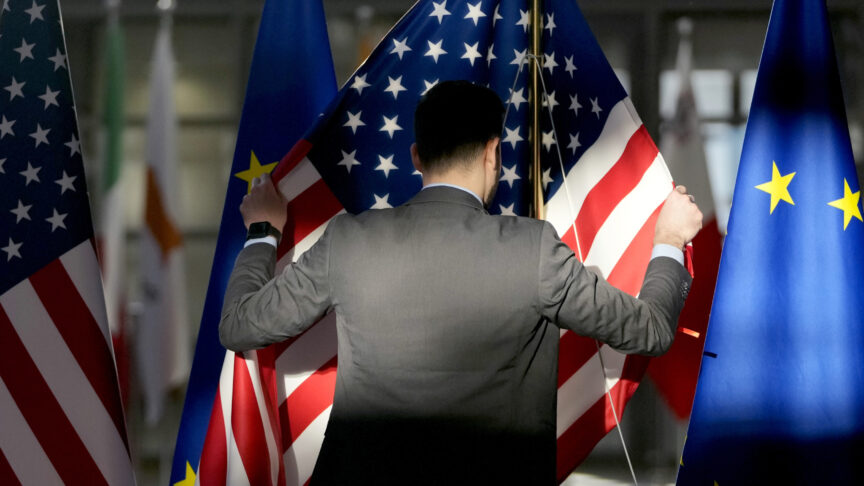
Fierce debates are raging among both Republicans and Democrats about America’s future foreign policy orientation. Europeans should take note and prepare
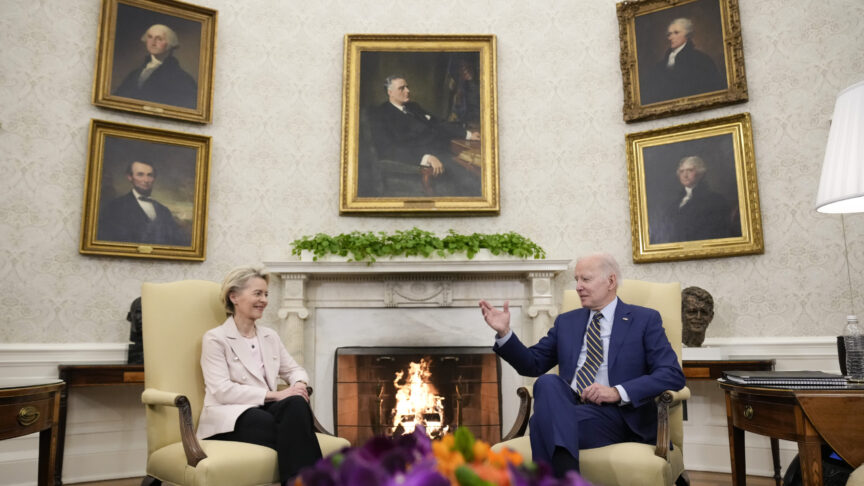
Europeans’ response to Russia’s war on Ukraine confirms their profound dependence on the US – an unwise position given the security challenge in Europe and coming geopolitical competition with China
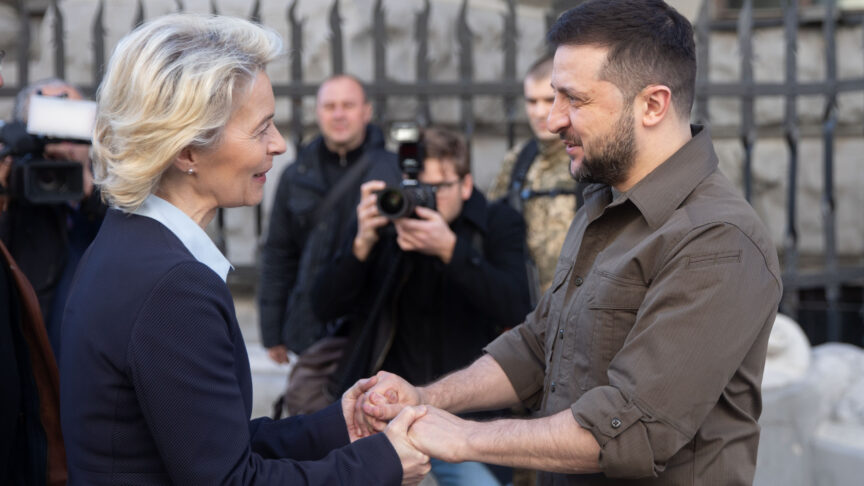
To signal their commitment to Ukraine, Europeans should agree a ‘long-war plan’ of assistance against Russian aggression. This would include a ‘security compact,’ security assurances, and economic and energy support

The UK government’s vision for Global Britain does not reflect today’s geostrategic realities. Yet the UK can forge an effective foreign policy if it focuses on British strengths, avoids military adventures in distant lands, and finds balanced, effective working relationships with the EU and the US

ECFR’s policy experts examine what the Taliban takeover means for countries and regions around the world: Europe, the US, the Middle East, Russia, China, Iran, Turkey, and the Sahel
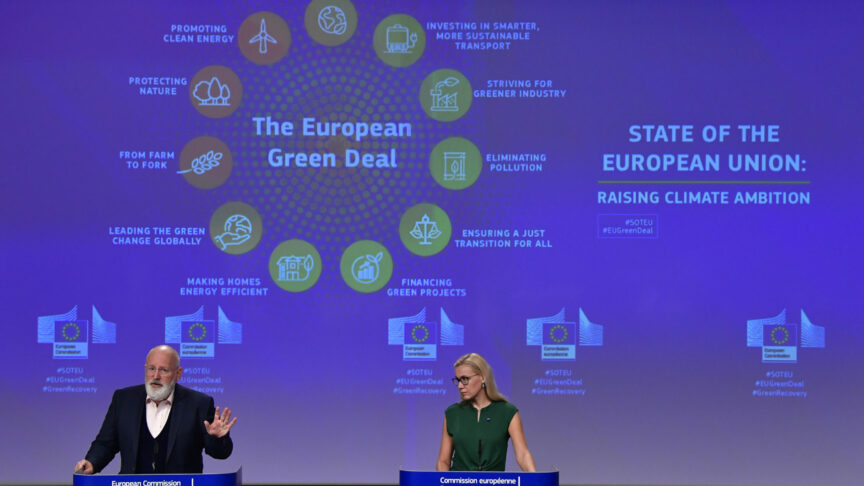
The EU should become a global standard-setter for the energy transition, and prepare to manage the profound geopolitical repercussions of the Green Deal in its relationships with its neighbourhood

To manage in this new world, the EU and its members need to embark on a broad-based effort to recover their strategic sovereignty
The EU cannot continue to rely on its regulatory power but must become a tech superpower in its own right. Referees do not win the game

On 5 November, Americans will elect their new president. But with just two weeks to go, neither Harris nor Trump has a decisive lead

The Democratic party is running a vibes campaign while Republicans are desperately trying to distance themselves from the disastrous policies of Project 2025. In this fifth instalment of Letters from Washington, Jeremy Shapiro laments the loss of policy in American presidential campaigns

In this fourth instalment of Letters from Washington, Jeremy Shapiro sets out how Republican entreprenuers are battling it out to fill in the gaps in of Donald Trump’s foreign policy with their own ambitions

The apparent omniscience of US intelligence is a valuable strategic asset. In this third instalment of ECFR’s Letters from Washington, Jeremy Shapiro sets out what Europeans can learn from the US intelligence community to boost their diplomatic arsenal

The establishment hates Donald Trump and Trump voters hate the establishment. In this second instalment of ECFR’s Letters from Washington, Jeremy Shapiro explains why Europeans need to understand the dynamics that underpin this toxic relationship

In our new series of letters from Washington, Jeremy Shapiro helps you navigate a US election year that could have profound implications for Europe. In this first instalment, he outlines how campaigns fought on an opponent’s threat to democracy could imperil that very same ideal (and not only in the US)

Ten predictions for the foreign policy trends of 2024, and a little bonus

The prospect of Donald Trump’s return to the US presidency has left three Republican tribes vying it out to fill in the details of his hazy foreign policy ambitions

The US too often falls for its own superpower myth and fails to prioritise among its foreign policy commitments – including its present China challenge, which has not gone away

Support in the US for Ukraine will one day soften. Europeans need to formulate their own plan to continue the long war for when it does
European leaders are underestimating the danger that Trump presents to the transatlantic alliance and assuming too much continuity in the event of a Clinton presidency
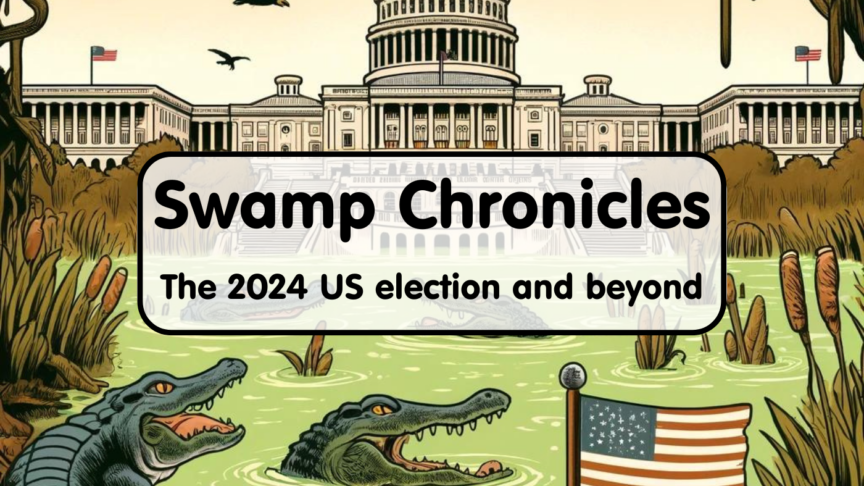
Aslı Aydıntaşbaş and Jeremy Shapiro talk to Ed Luce to talk about what either a Kamala Harris or Donald Trump victory would mean for America, US foreign policy, and Europe

Aslı Aydıntaşbaş and Jeremy Shapiro welcome to Matt Duss to discuss American policy in the Middle East and the future of progressive foreign policy

Mark Leonard welcomes Célia Belin and Jeremy Shapiro to discuss Kamala Harris’s foreign policy

Aslı Aydıntaşbaş and Jeremy Shapiro welcome Ken Weinstein to discuss why and how Trump’s negotiating tactics could strengthen the US foreign policy position, and help forge alliances against China

Aslı Aydıntaşbaş and Jeremy Shapiro welcome Dan Caldwell to discuss why a second Donald Trump administration will likely involve personnel more aligned with the ‘restrainer’ movement

Aslı Aydıntaşbaş and Jeremy Shapiro welcome Norman Eisen to take a deeper look at the state of play in the upcoming US presidential election and discuss the implications for Europe

Aslı Aydıntaşbaş and Jeremy Shapiro welcome Connecticut senator Chris Murphy to discuss America’s ‘metaphysical’ crisis and the post-neoliberal framing of the 2024 election

Aslı Aydıntaşbaş and Jeremy Shapiro are joined by Robert Kagan to examine the underlying forces shaping Donald Trump’s Republican Party ahead of the 2024 election

Aslı Aydıntaşbaş and Jeremy Shapiro welcome Robert Kagan to discuss the underlying forces within Donald Trump’s Republican Party

Mark Leonard welcomes Jeremy Shapiro to discuss America’s next policy moves as it responds to Russia’s war in Ukraine
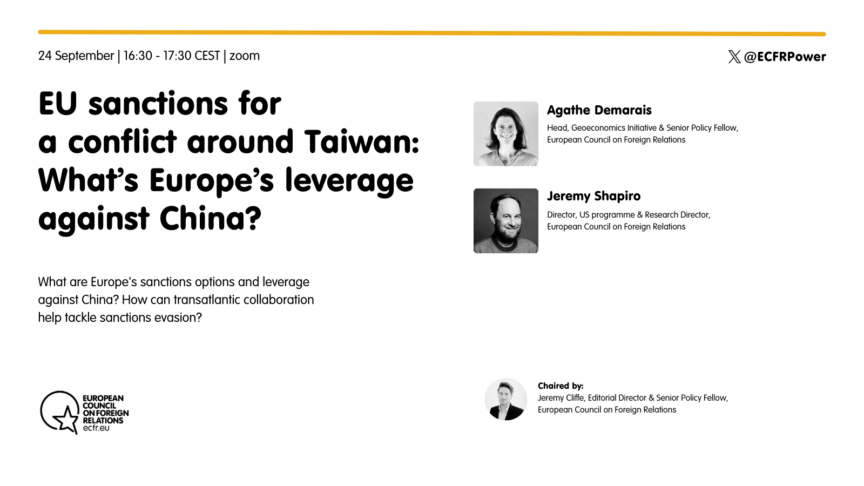
As the United States shifts its focus toward Southeast Asia and China, Europe faces a critical moment in evaluating its own approach to a potential…
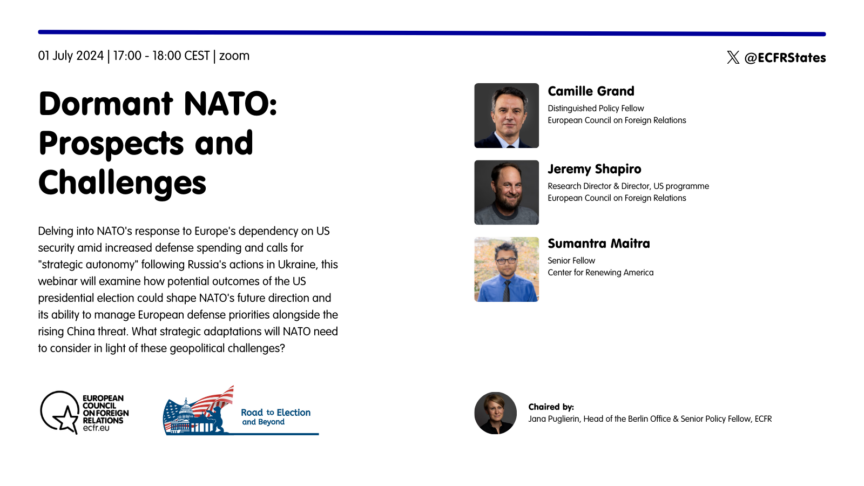
Russia’s war against Ukraine has shown how much the Europeans are still dependent on the US to ensure their security, despite all the talk of…
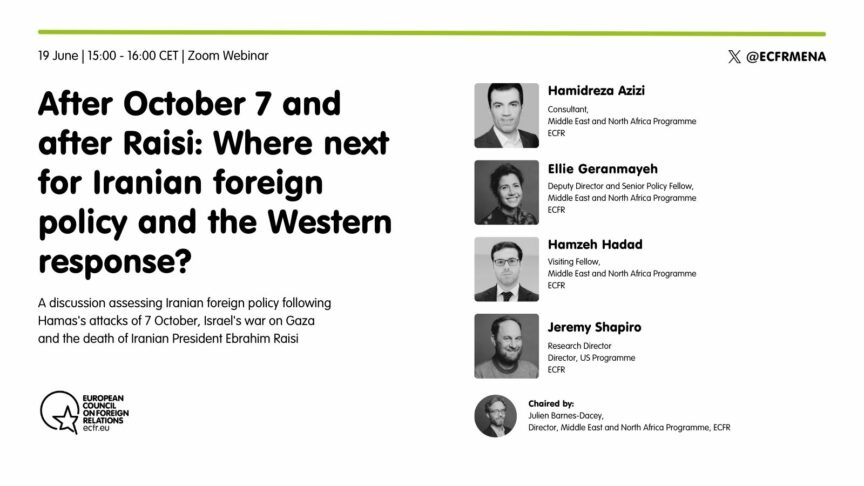
A discussion assessing Iranian foreign policy following Hamas’s attacks of 7 October, Israel’s war on Gaza and the death of Iranian President Ebrahim Raisi
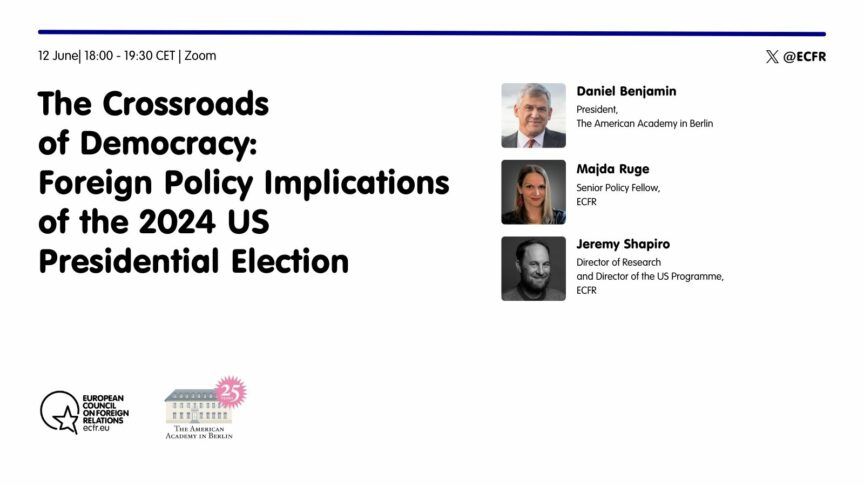
Foreign policy seldom plays much of a role in American presidential elections, but the consequences of those contests can be profound for America’s allies in…
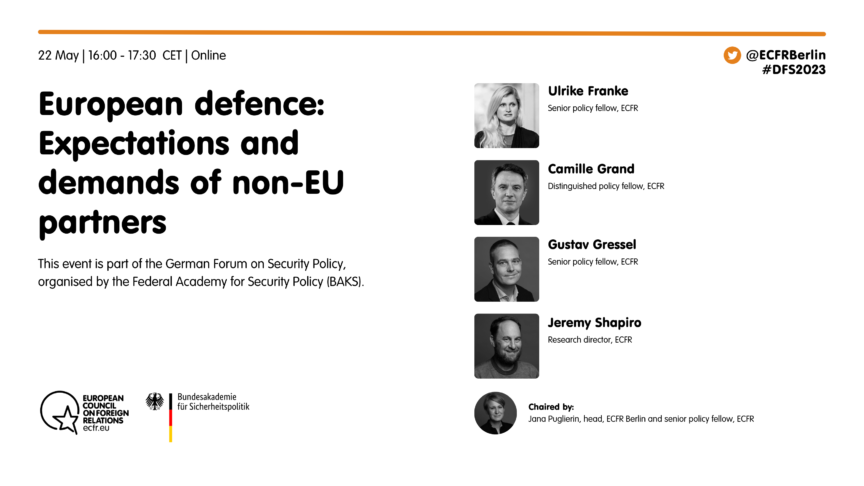
This event is part of the German Forum on Security Policy, organised by the Federal Academy for Security Policy (BAKS).

Rhodium Group are delighted to invite you to the virtual launch event of our new policy paper “Circuit Breakers: Securing the Green Energy Supply Chain”
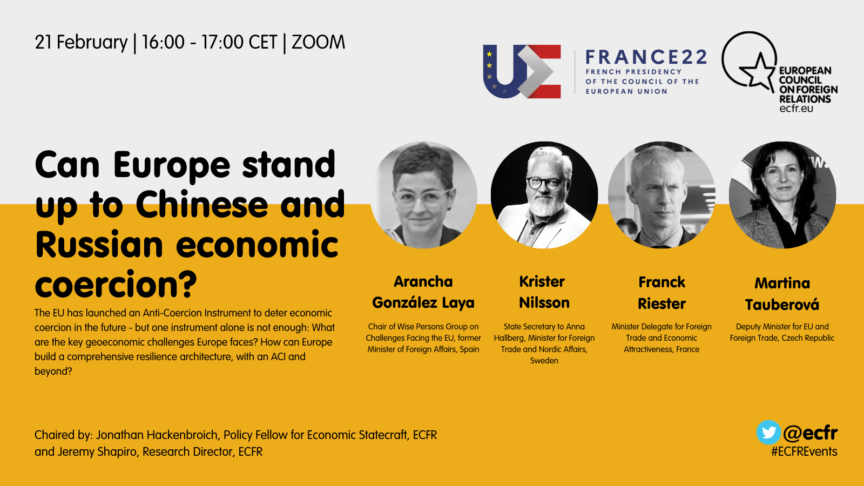
The European Council on Foreign Relations in the context of the French Presidency of the Council of the EU is delighted to invite you to a debate on the principles that should guide Europe’s quest for economic sovereignty
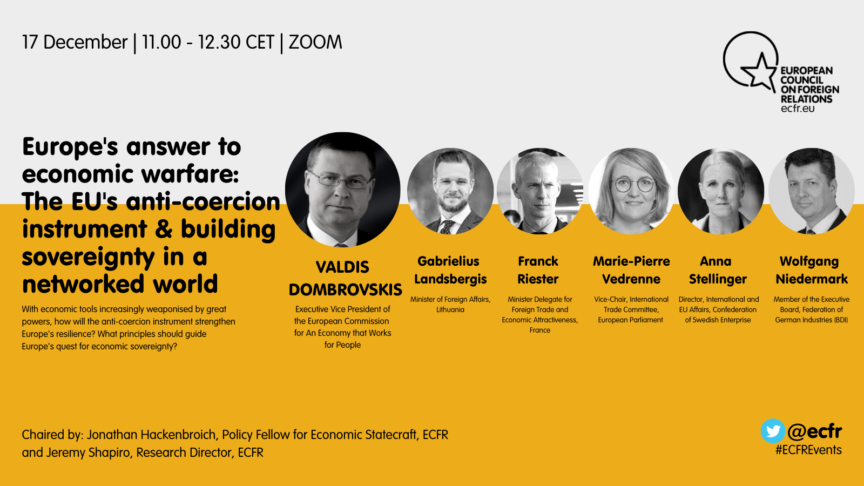
Join ECFR in this two-part event on the EU’s potentially game-changing geopolitical instrument against economic blackmail from great powers, and the principles that should guide Europe’s quest for economic sovereignty

The event will convene a high-level group of Italian decision-makers and opinion shapers across government, business, media and the expert community as well as member of ECFR Council